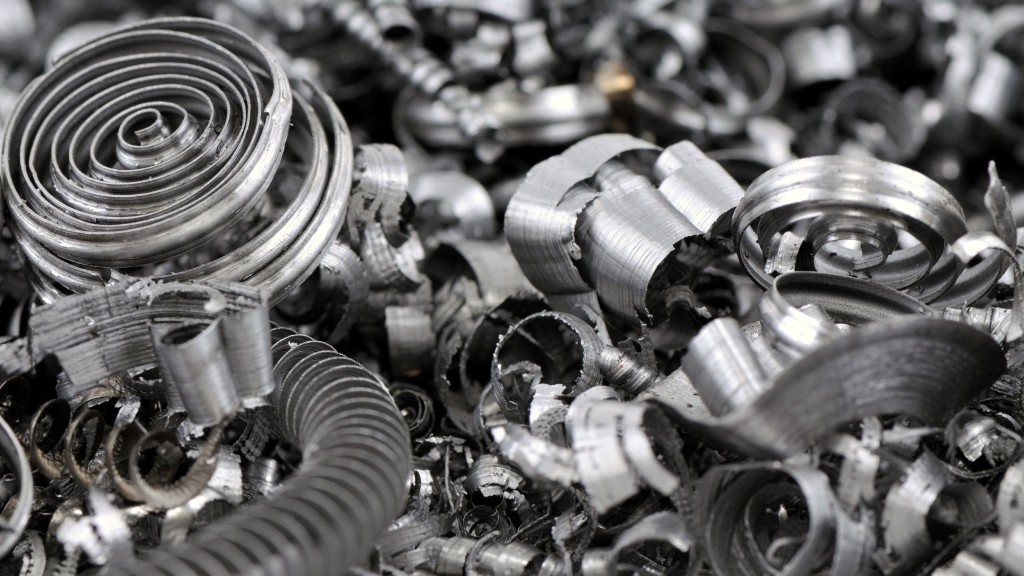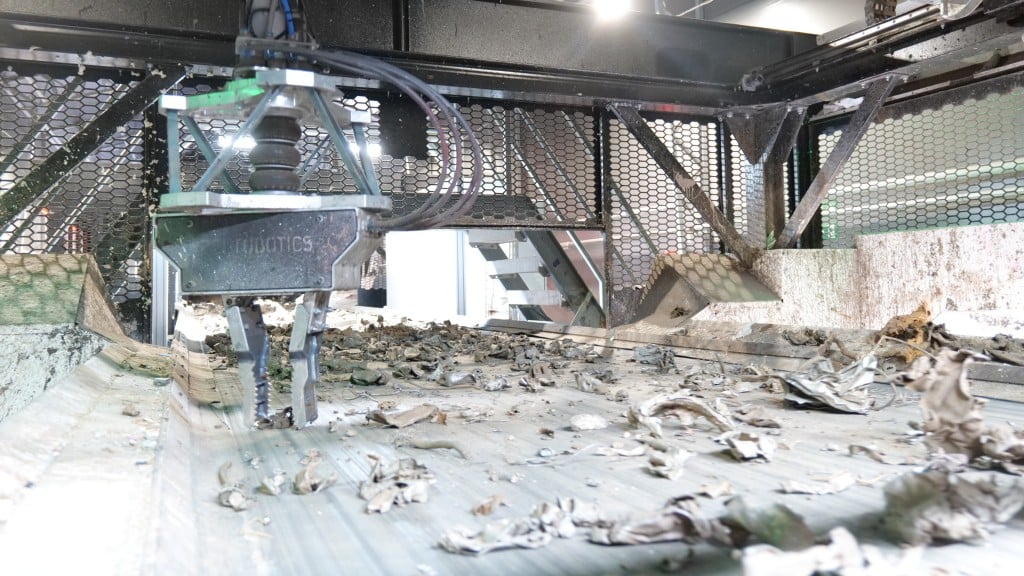Letter from the Editor: Is scrap a bad word?

In the recycling industry, every word we use makes a significant impact on how those outside of the industry perceive and approach recycling. One term that often comes under scrutiny is "scrap." While it accurately refers to discarded materials, its connotations don't necessarily align with the value these materials hold in the context of recycling. The word "scrap" often conjures images of something useless or of little value, contributing to a negative perception of recycled materials. In reality, these materials are valuable resources waiting to be transformed into something new through recycling. This is where the power of language comes into play.
The choice of words extends beyond semantics; it influences public perception and attitudes toward recycling. By framing recycled materials positively, people are more likely to participate in recycling efforts. It becomes a narrative of environmental stewardship rather than simply discarding waste.
Emphasizing the environmental benefits of recycling is also crucial. Terms like "closed-loop" and "circular economy" convey the idea of a sustainable system where resources are continuously reused, minimizing waste and environmental impact. These terms resonate with individuals seeking eco-friendly alternatives, driving demand for recycled materials and sustainable practices.
Additionally, initiatives aimed at changing the language surrounding recycling are gaining traction. Companies and organizations are adopting terms like "upcycled," "reclaimed," and "remanufactured" to emphasize the quality and value of recycled products. These terms not only educate consumers but also encourage them to make sustainable choices by supporting products made from recycled materials.
One of the most notable initiatives for changing the industry's language took place back in April at the ISRI2024 Convention's closing session when the Institute of Scrap Recycling Industries introduced its rebrand. After more than 35 years as ISRI, the association announced that it is now the Recycled Materials Association (ReMA), dropping the word "scrap" in exchange for the more favourable term "recycled materials," further proving the power of words.
"From everyday items to our essential infrastructure, recycled materials power the manufacturing supply chain that makes our economy stronger, our planet more sustainable, and our lives better," said Robin Wiener, president of the Recycled Materials Association. "Our new name, the Recycled Materials Association, clearly and accurately describes who we are as an organization and who we represent."
As advocates for recycling and sustainability, it's essential to be mindful of the language we use. By using positive and empowering terms, we can reshape the narrative around recycling, turning it into a compelling story of innovation, conservation, and responsible consumption. When we use positive and empowering terms to describe recycling and sustainability efforts, we not only educate but also motivate others to join the cause.


